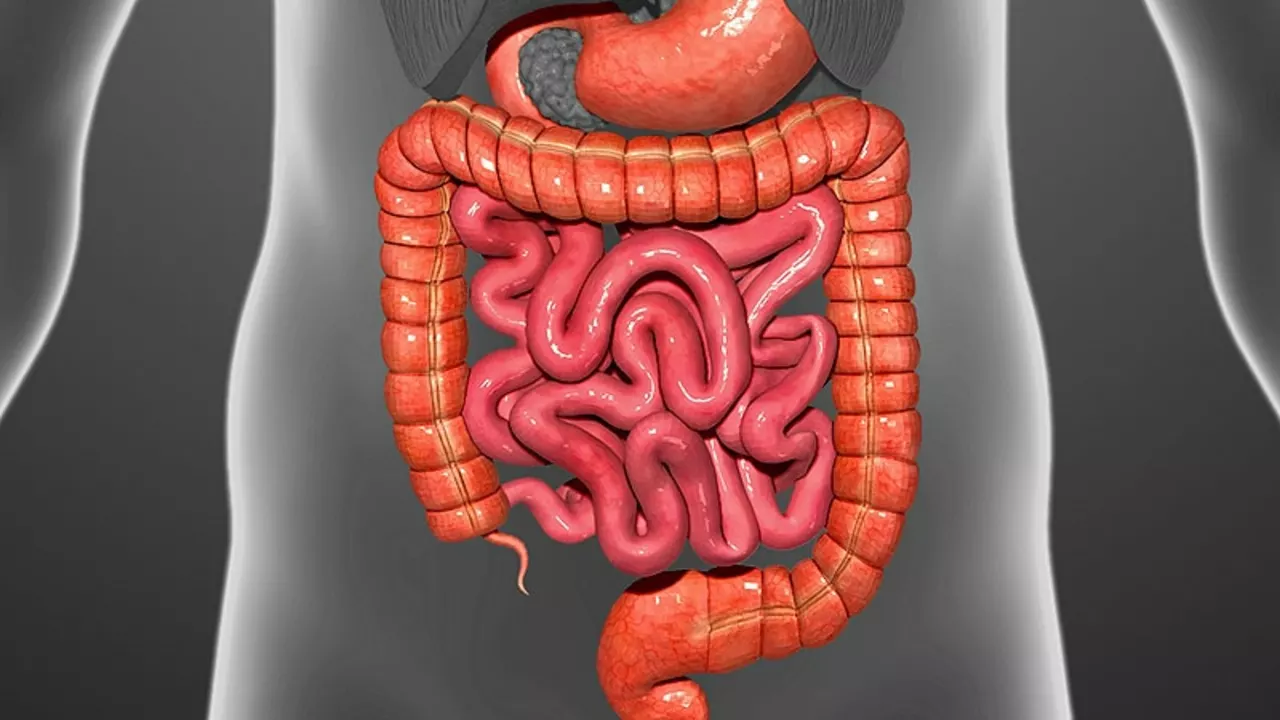Digestive disorders: quick, practical advice for everyday problems
Gut trouble shows up in many ways — belly pain, bloating, heartburn, diarrhea, constipation, or unusual fatigue from liver issues. You don’t need to panic, but you do want a plan. This page helps you figure out what to watch for, what tests doctors commonly use, and simple steps you can try right away to feel better.
Common signs and what they might mean
Not every stomach ache is serious. Still, some patterns matter: repeated heartburn that wakes you at night could be GERD. Alternating diarrhea and constipation with cramps may point to IBS. Yellowing of the skin or dark urine suggests a liver problem and needs faster attention. Sudden, severe abdominal pain, high fever, or bloody stools are reasons to seek urgent care. Keep a short symptom log for a week — time of day, foods, bowel pattern, and any meds you took. That info speeds up diagnosis.
Medications often affect digestion. Antidepressants, antibiotics, and some diabetes drugs can cause nausea, diarrhea, or constipation. If you’re using any medication, check side-effect guides like our Effexor article or the Acetaminophen piece to spot liver risks and interactions.
Tests and treatments you’ll likely hear about
A family doctor usually starts with basic blood work and a stool check. Blood tests can spot inflammation, anemia, or liver enzyme changes. Stool tests look for infection, blood, or malabsorption. If symptoms persist, imaging (ultrasound or CT), breath tests for small‑intestine bacterial overgrowth, or scopes (endoscopy/colonoscopy) may follow.
Treatments vary by cause. Heartburn often responds to lifestyle change and short-term acid reducers. IBS care centers on diet changes (low FODMAP for many people), fiber tweaks, and symptom-targeted meds. Infections get antibiotics when appropriate. For chronic liver or metabolic issues, your doctor will match medicines, monitoring plans, and lifestyle steps — see our GLP-1 vs. Metformin article for how diabetes meds can affect weight and digestion.
Before trying new drugs or supplements, ask your provider about interactions and liver safety. Some over-the-counter fixes can make problems worse if you already have liver disease.
Simple actions you can take today
1) Track what you eat and how you feel for a few days. Patterns often show triggers. 2) Cut back on alcohol and smoking — both stress the gut and liver. 3) Swap very fatty or fried foods for baked or steamed options. 4) Try smaller, more frequent meals if large meals cause reflux. 5) Stay hydrated and keep a regular toilet routine with gentle fiber changes — increase fiber slowly to avoid extra gas.
Need deeper reading? Check related RxCanadaPharm guides on GLP-1 agonists and metformin, Effexor side effects, and acetaminophen liver risks. If symptoms are new, severe, or worsening, contact your healthcare provider. A targeted test now often saves weeks of discomfort later.
The Link Between Functional Dyspepsia and Irritable Bowel Syndrome
It's interesting to note that there's a significant link between functional dyspepsia and irritable bowel syndrome. Both are common digestive disorders that can greatly impact a person's quality of life. Researchers have found that these conditions often overlap, meaning a person who has one might also have the other. This suggests that they may share common triggers or underlying causes. While we don't fully understand why this is, it's clear that more study is needed in this area to help those suffering from these conditions.
